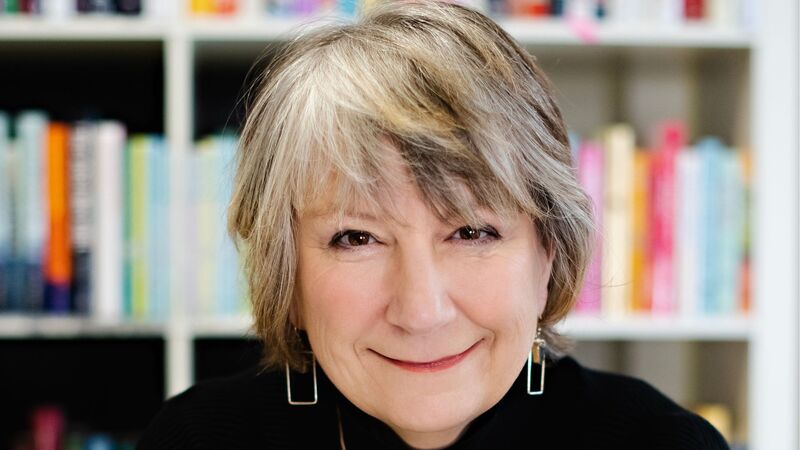You are viewing your 1 free article this month. Login to read more articles.
Scotland’s First Deputy Minister 'intends' national school libraries policy
Scotland’s First Deputy Minister has declared an intention to develop a national policy on school libraries.
John Swinney outlined his plan in a Scottish Parliament session in response to a petition sent by Duncan Wright, campaigner and CILIP Scotland (CILIPS) trustee, on behalf of Save Scotland’s School Libraries. The petition called for a national strategy and Swinney told the Public Petitions Committee it was a "fair point". He said: “I acknowledge and strongly support the provision of school libraries, which are an important part of the work that we undertake in encouraging an appreciation of literacy and literature among young people. I do not think that there is unanimity on the need to have a national strategy, but the petitioner makes a fair point about the importance of having such an approach and it is my intention to formulate such a strategy."
Education Scotland, an executive agency of the Scottish Government, will integrate the new librarian-focused guidance into the main framework by August, for the start of the school year. Swinney said: “This will give it greater prominence and help demonstrate the fundamental and wide-ranging links between the school library and the school’s broader aims on Curriculum for Excellence.”
Swinney, also Cabinet Secretary for Education and Skills, said the guidance will “reflect the key elements that we need to encourage in school libraries, which are a combination of the use of school libraries to encourage literacy within learning and a general appreciation of the social value and personal pleasure of literature”. He said it would “fit comfortably” with recent government approaches such as the First Minister’s reading challenge [a reading initiative for children].
During the session, Swinney discussed the need to equip young people with “information literacy” through the school library service which led to a discussion with the convenor, Scottish Labour and Co-operative MSP for Glasgow, Johann Lamont, about the dangers posed by Google. She said: “Should libraries be teaching the skills to assess information and where it comes from? Those skills are being lost.” Swinney cited a “fascinating area of inquiry” about the “impact of googling everything in the learning process” from researcher Pasi Sahlberg in Finland.
Swinney told the committee the ability to attribute to value to different sources was being lost. He said: “I am old enough to remember preparing university work by standing at long index-card drawers and working my way through them… However, those are really important skills, as they allow you to assess the value that you should apply to what you find out from particular sources, which is a challenge that is not immediately obvious to individuals when they just google something and get whatever the search throws up. Libraries provide an opportunity for an appreciation of those important skills.”
CILIPS director, Catherine Kearney, said: “CILIPS is encouraged by the clear signal from the Deputy First Minister that he intends to formulate a national school library strategy for Scotland. We believe a strategy is necessary to codify the vital role of professionally staffed school libraries in supporting educational outcomes such as raising attainment and improving literacy.”
She added: “Recently, we met with the Minister and put forward proposals for embedding school library service provision and mandatory national service standards in the proposed new framework for education. We have continued to set out the case for professionally staffed school libraries during our #LibrariesMatter campaign in the lead up to the local government elections on May 4th.”
The petition from Save Scotland's School Libraries, which collected 2,651 signatures, called on the Scottish Parliament "to urge the Scottish Government to set out a new national strategy for school libraries which recognises the vital role of high quality school libraries in supporting pupils’ literacy and research skills". The campaign was launched by CILIPS in January, ahead of the local government elections on 4th May, to ask candidates if they will invest in public libraries as well as ensuring school libraries are staffed by a trained, on-site and full-time librarian. Authors such as Irvine Welsh and Graeme Macrae Burnet have recently added their voices to the campaign.
The Public Petitions Committee session took places on 20th April. For more information, visit the Scottish Parliament website.

















